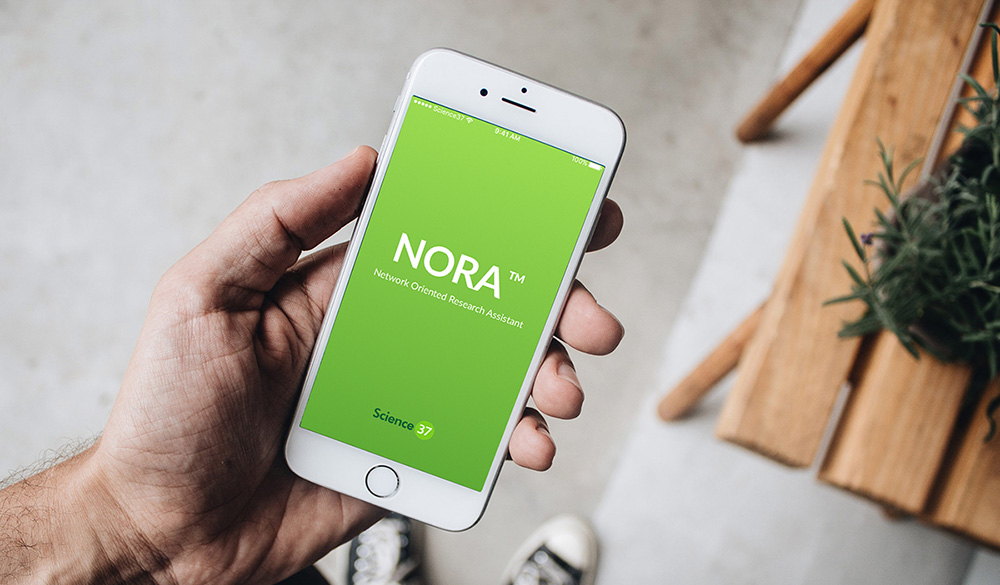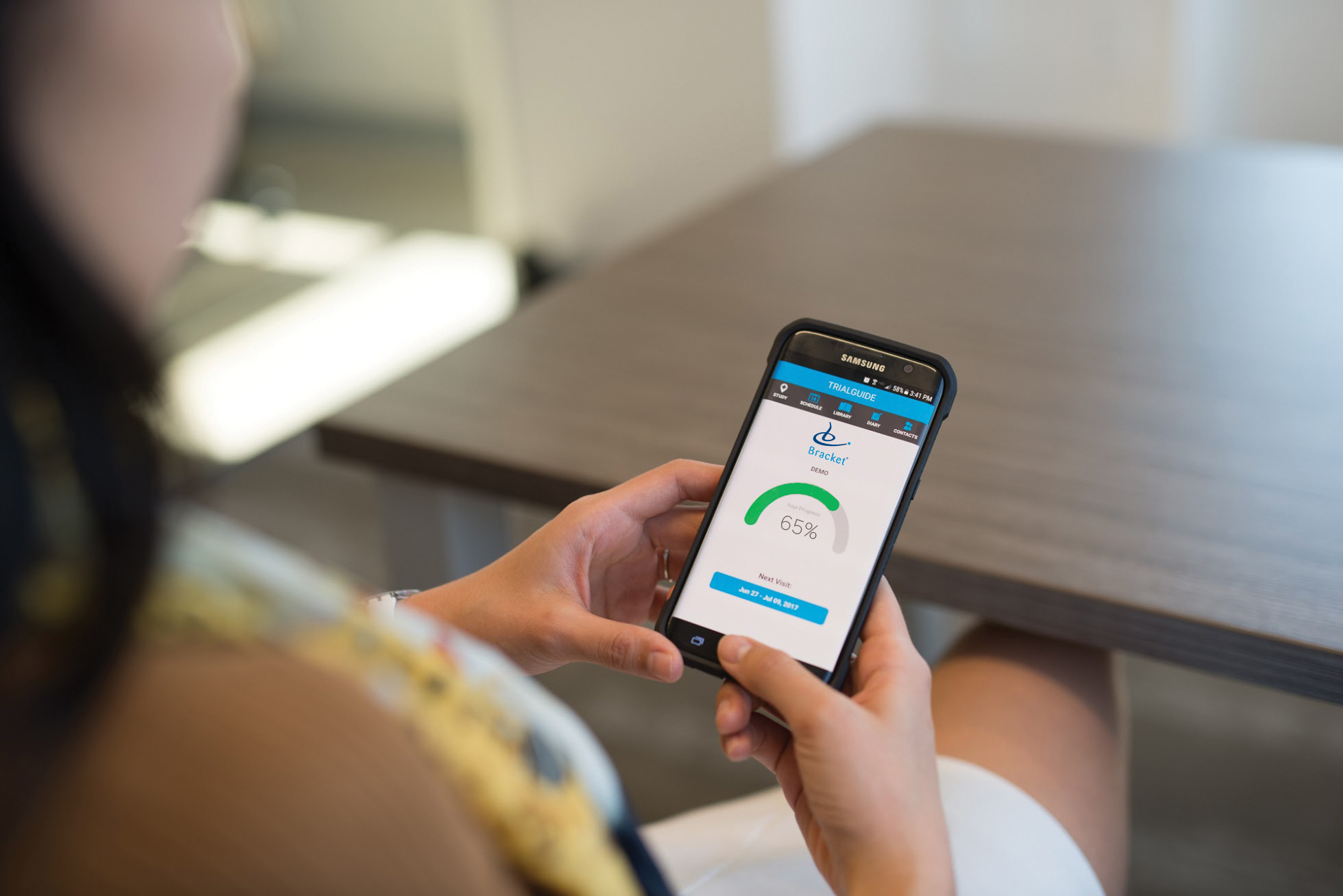Virtual clinical trials veteran Novartis has announced it will be starting up to 10 new remote studies in the next three years with help from mobile technology company Science 37. Novartis and Science 37 have already collaborated on virtual clinical trials in multiple disease areas – including cluster headache, acne and nonalcoholic steatohepatitis (NASH) – but the Swiss drugmaker is looking to further decentralize the upcoming studies and largely eliminate the need for study sites.
“Novartis aims to run studies in ways that overcome many of the barriers patients face when deciding whether or not to enroll in clinical trials, like long journeys or extensive time spent at hospitals or trial sites,” said Rob Kowalski, Novartis’ interim Head of Global Drug Development and Chief Medical Officer. “With our shared vision of futuristic trials enabled by technology, we’re excited to expand our collaboration with Science 37 to pioneer a new, patient-centric research model.”
Virtual clinical trials rely on digital technologies to reduce, or completely eliminate, site visits at large medical centers and improve the patient experience. In interventional trials, drugs are delivered to a patient’s home or primary physician’s office, and study data is collected using smartphones, telemedicine services and other connected devices.
RELATED: Virtual Clinical Trials – Can Remote Trials Change The Clinical Trial Landscape?
These virtual clinical trials make studies more patient-centric by making it easier for them to participate, potentially improving patient retention. Novartis expects their new group of virtual clinical trials will be initiated in late 2018 with plans to apply this model to the fields of oncology, neuroscience and dermatology.
“In our experience to date, we have been impressed with the recruitment in the virtual trial setup and believe for many patient populations this will be superior to traditional hospital or clinic sites,” said Evan Beckman, Head of Translational Medicine at the Novartis Institutes for BioMedical Research. “Remote participation in research has the benefit of improving the breadth of participation from wider community and socio-economic backgrounds, while also allowing us to gather more meaningful real-world evidence in our clinical trials.”
Just two percent of eligible individuals in the US participate in clinical trials, according to the Center for Information & Study on Clinical Research Participation (CISCRP). Excessive site visits could be preventing higher enrollment numbers as they represent a major burden on study participants; individuals who are enrolled in clinical research are required to visit sites an average of 11 times within a six-month period.
Novartis will use Science 37’s Network Oriented Research Assistant (NORA) technology platform to help them conduct their planned virtual clinical trials. Novartis says the approach could also benefit underserved patients in remote areas of the world who wouldn’t otherwise have the option of participating in clinical research.
“We are excited to deepen our relationship with an industry leader in innovative drug development like Novartis. As one of our earliest investors and supporters, their senior leadership recognized the value proposition of our NORA technology platform and ‘siteless’ clinical trial model,” said Dr. Noah Craft, and co-founder and CEO of Science 37. “We are thrilled to launch this strategic alliance to accelerate our patient-centered scientific work together across these new therapeutic areas.”










Join or login to leave a comment
JOIN LOGIN